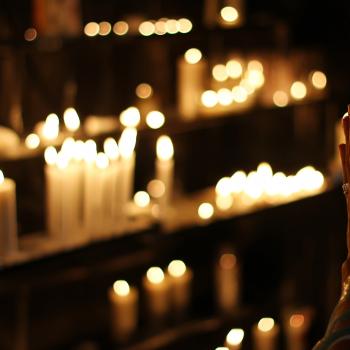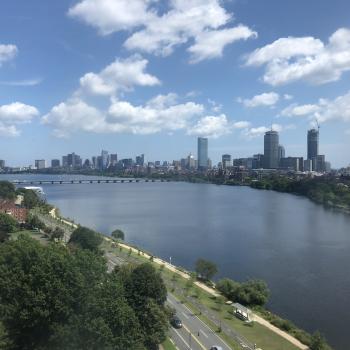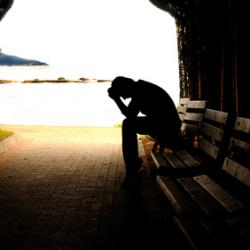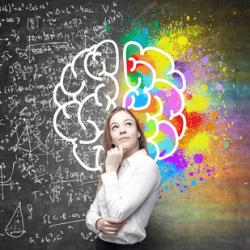If you’ve gotten into a political argument on Facebook recently, you might be excused for feeling somewhat-less-than-blindingly optimistic about the state of things these days. Whether you’re debating a conservative uncle or liberal colleague, a devout or unbelieving friend, it seems that the gaps between our divergent worldviews are becoming insurmountable. One hypothesis suggests that, as the Western world has become less religious, people have begun falling back on politics for identity and meaning. In other words, our political tribes... Read more
















